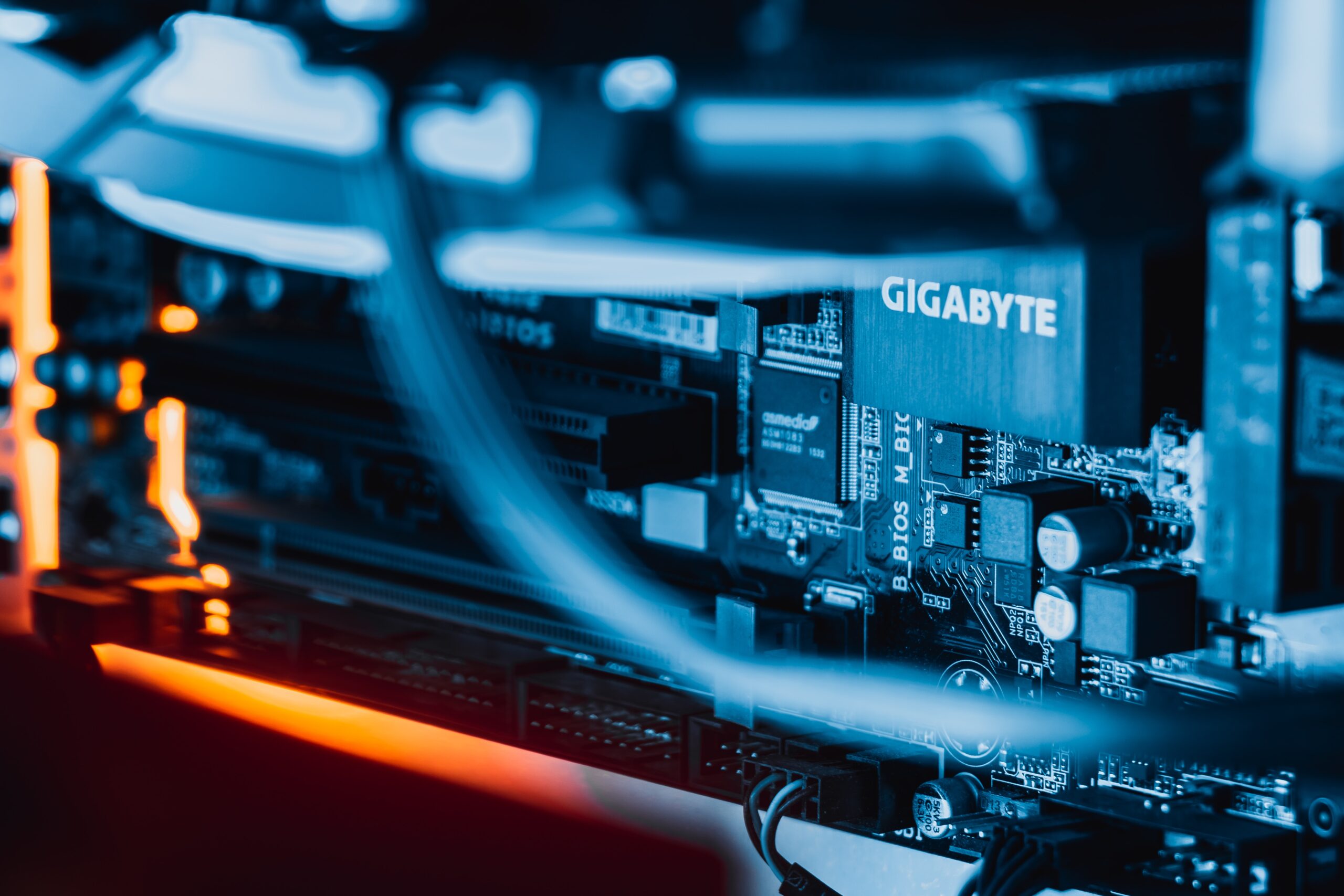In today’s digital age, protecting sensitive patient information is of utmost importance for medical practices. With the rise of cyber attacks and data breaches, it has become crucial for healthcare organizations to comply with the Health Insurance Portability and Accountability Act (HIPAA). This federal law sets standards for the security and privacy of individuals’ medical information. One aspect of HIPAA compliance is the secure transmission of patient data, and this is where fax server technology plays a vital role. In this blog post, we will discuss the importance of HIPAA compliance for medical practices and how fax servers can help safeguard patient information.
The importance of HIPAA compliance in medical practices
In today’s ever-evolving digital landscape, the importance of protecting sensitive patient information cannot be overstated. Medical practices handle a wealth of personal health information, making them a prime target for cyber-attacks and data breaches. This is where HIPAA compliance comes into play. The Health Insurance Portability and Accountability Act sets strict standards for the security and privacy of individuals’ medical information, ensuring that healthcare organizations are responsible for safeguarding patient data.
HIPAA compliance is not only essential for legal and ethical reasons, but it also helps build trust with patients. When individuals seek medical treatment, they trust that their information will be kept confidential. Compliance with HIPAA reassures patients that their personal health information is being handled securely and with utmost care.
Failure to comply with HIPAA can result in severe consequences, including financial penalties, reputational damage, and even criminal charges. The risks associated with non-compliance are too significant to ignore, making it crucial for medical practices to prioritize HIPAA compliance.
By complying with HIPAA, medical practices demonstrate their commitment to patient privacy and security. This builds a strong foundation of trust and allows patients to feel confident that their information is being protected. In an era where data breaches and cyber attacks are on the rise, HIPAA compliance is not just an option – it’s a necessity for the healthcare industry.
How fax server technology can help with HIPAA compliance
With the increasing prevalence of cyber attacks and data breaches, healthcare organizations are facing immense pressure to protect patient information and comply with HIPAA regulations. This is where fax server technology comes into play.
Fax servers offer a secure and reliable method for transmitting sensitive patient data, ensuring HIPAA compliance. Unlike traditional fax machines, fax servers encrypt transmitted data, preventing unauthorized access and ensuring the confidentiality of patient information. By leveraging encryption protocols such as Secure Socket Layer (SSL) and Transport Layer Security (TLS), fax servers provide an additional layer of security to safeguard patient data during transmission.
Additionally, fax servers automate the process of sending and receiving faxes, eliminating the need for manual handling and reducing the risk of human error. This streamlines workflows and ensures that patient information is handled accurately and efficiently.
Furthermore, fax server technology enables medical practices to track and audit fax communications, ensuring compliance with HIPAA regulations. Detailed logs and audit trails provide a record of who sent and received faxes, when they were sent, and the content of each fax. This level of transparency allows organizations to demonstrate their adherence to HIPAA standards in the event of an audit.
By leveraging fax server technology, medical practices can enhance their HIPAA compliance efforts, protect patient information, and maintain the trust and confidence of their patients. Fax servers provide a secure, efficient, and auditable method for transmitting sensitive medical data, making them an invaluable tool in the modern healthcare landscape.
Best practices for using fax servers to ensure HIPAA compliance
As healthcare organizations strive to achieve HIPAA compliance, implementing best practices for using fax servers is essential. These practices help ensure that sensitive patient information is transmitted securely and in accordance with HIPAA regulations.
One key best practice is to ensure that fax servers are regularly updated with the latest security patches and firmware. This helps protect against known vulnerabilities and ensures that the fax server technology remains robust and secure. Regular maintenance and updates are crucial for keeping patient data safe.
Another best practice is to implement strong user authentication protocols for accessing the fax server. This includes using unique usernames and complex passwords, as well as enabling multi-factor authentication when available. User access should also be regularly reviewed and revoked when necessary to prevent unauthorized access to patient information.
Encryption is another critical best practice for using fax servers in a HIPAA-compliant manner. Encrypting fax transmissions helps ensure that the information is secure during transit and can only be accessed by authorized recipients. Utilizing encryption protocols such as SSL and TLS provides an extra layer of protection for patient data.
Furthermore, it is important to regularly monitor and audit fax server activity. This involves reviewing logs and audit trails to ensure that fax transmissions are being properly recorded and tracked. Any suspicious or unauthorized activity should be immediately investigated to prevent data breaches and maintain compliance.
Lastly, staff training and education are crucial best practices for using fax servers to ensure HIPAA compliance. Employees should receive proper training on HIPAA regulations and security protocols, as well as how to use the fax server technology securely. Regular refresher training sessions can help reinforce the importance of compliance and the proper use of the fax server.
By following these best practices, medical practices can effectively use fax servers to safeguard patient information and maintain HIPAA compliance. The combination of regular updates, strong authentication, encryption, monitoring, and staff training creates a secure and compliant environment for transmitting sensitive medical data.

